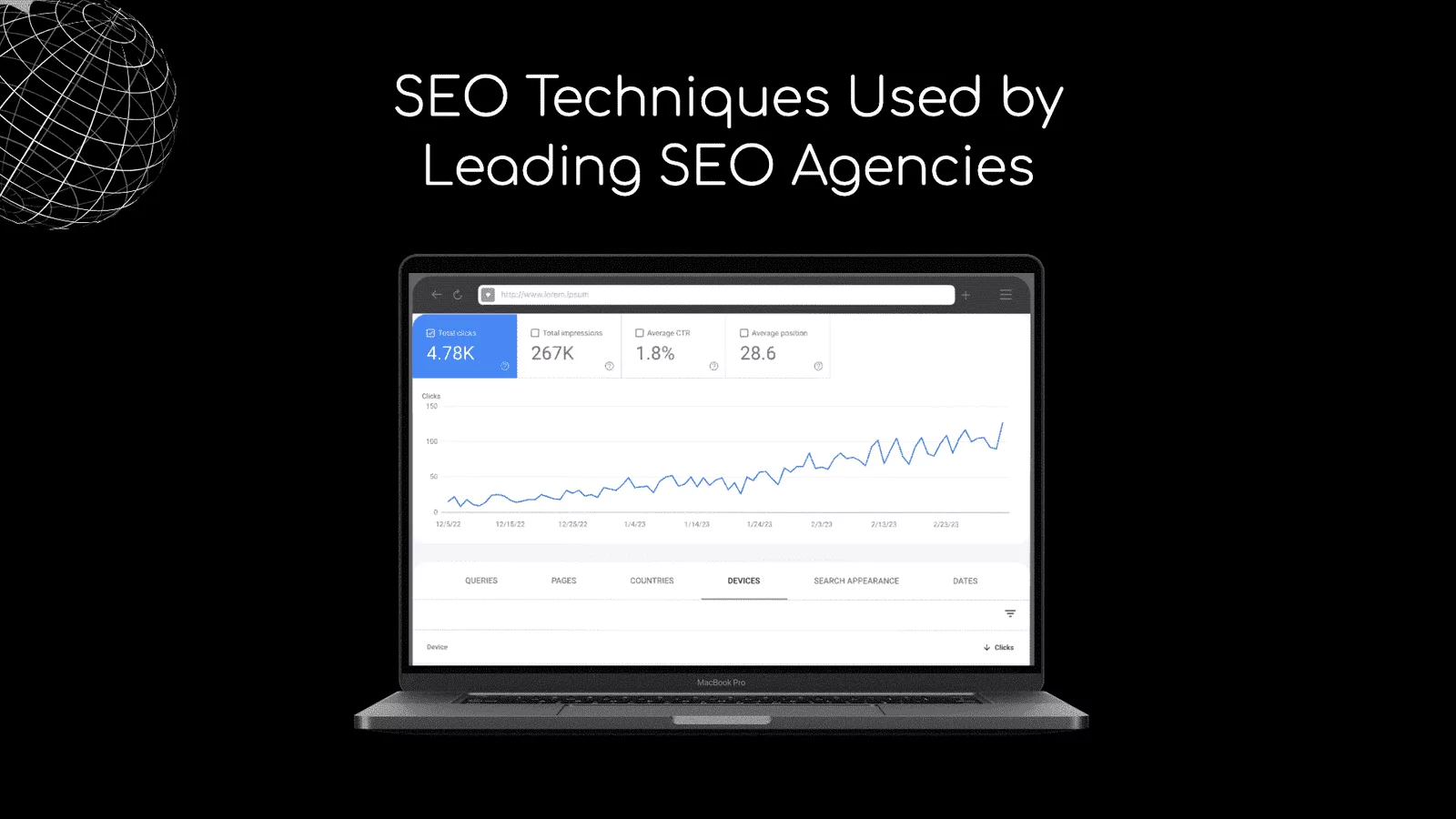Google ranks sites as high as possible in the search. Google ever changing algorithm may make navigating SEO challenging. In an online marketplace. Google has an excellent reputation as a top search engine.
However, the constant evolution of search engine algorithms makes searching the web difficult for many. Digital marketers have encountered many old, outdated SEO tactics that still exist today.
White Hat SEO is an SEO term used for ‘good SEO’ practices geared towards real users.
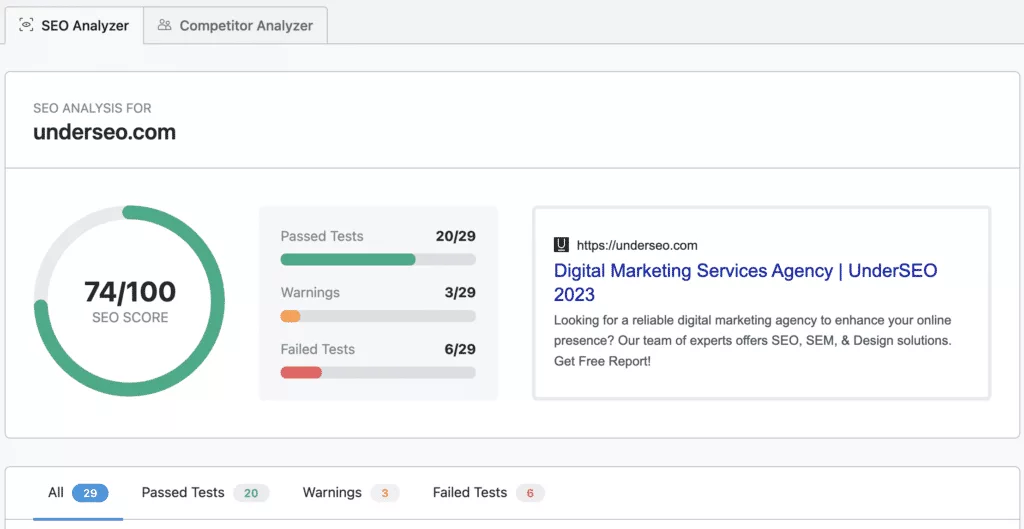
9 Completely outdated SEO practices you should avoid
Keyword stuffing and writing for search engines rather than readers are two of the most common mistakes that can lead to poor rankings. Exact-match domains, one keyword page, and publishing a page for every keyword variation can also lead to a decrease in rankings.
Panda algorithm penalizes sites with low-quality content and outdated content, so having a good amount of content on your site is important, but not when it’s outdated. Targeting search queries that are an exact match is also a bad practice as it is common for people to use different variations of keywords.
Additionally, using link networks or link buying is also an outdated practice and should be avoided. Finally, using irrelevant keyword targeting or keyword confusion can hurt your SEO efforts.
All of these outdated SEO practices should be avoided in order to ensure your website has the best chance of ranking well in search engine results.
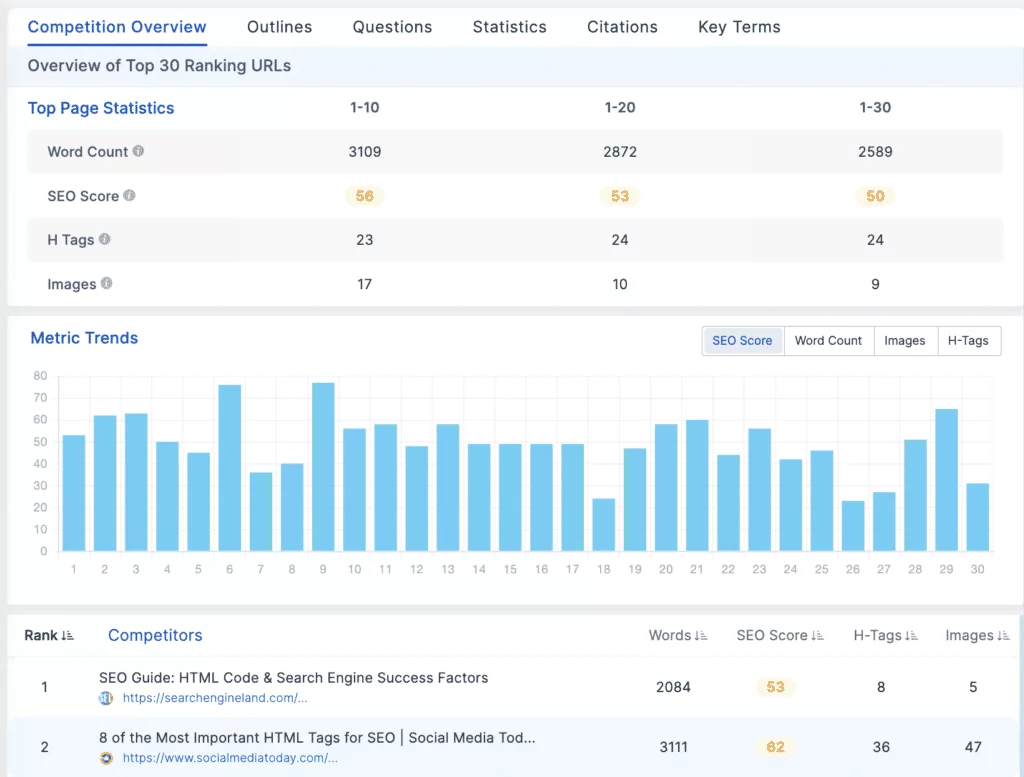
Keyword Stuffing
Keyword stuffing is an outdated and ineffective SEO practice that should be avoided at all costs. It involves forcing keywords into content in order to rank higher in search engine results. This practice is often detected by search engines, resulting in a penalty for the website.
Instead of using this outdated technique, focus on providing quality content that uses keywords naturally. Additionally, use a moderate density of keywords to ensure your content is relevant to the topic without seeming like you are attempting to manipulate the search engine.
Using a High Density of Keywords
When it comes to SEO, using a high density of keywords is an outdated practice that should be avoided. This practice, also known as keyword stuffing, involves overusing keywords in an attempt to increase your website’s ranking in the SERP. While this may have been effective in the past, Google now uses algorithms that recognize keyword stuffing and penalize websites that use it.
To ensure that your website ranks well, you should focus on creating high-quality content with the right amount of keywords. This means researching the right keywords and making sure they are used naturally within the content. Additionally, it’s important to avoid using irrelevant keywords as this can confuse search engines and result in a lower ranking.
Request Free Review
We start by reviewing your website and then take a look at your current ranking in SERPs.
- Unlock Your Website’s Potential with Our Comprehensive Analysis.
- Outrank Your Competitors with Our Expert Insights and Recommendations.
- Ways for increasing website traffic.
- Get Tailored Recommendations to Achieve Better Results Online.
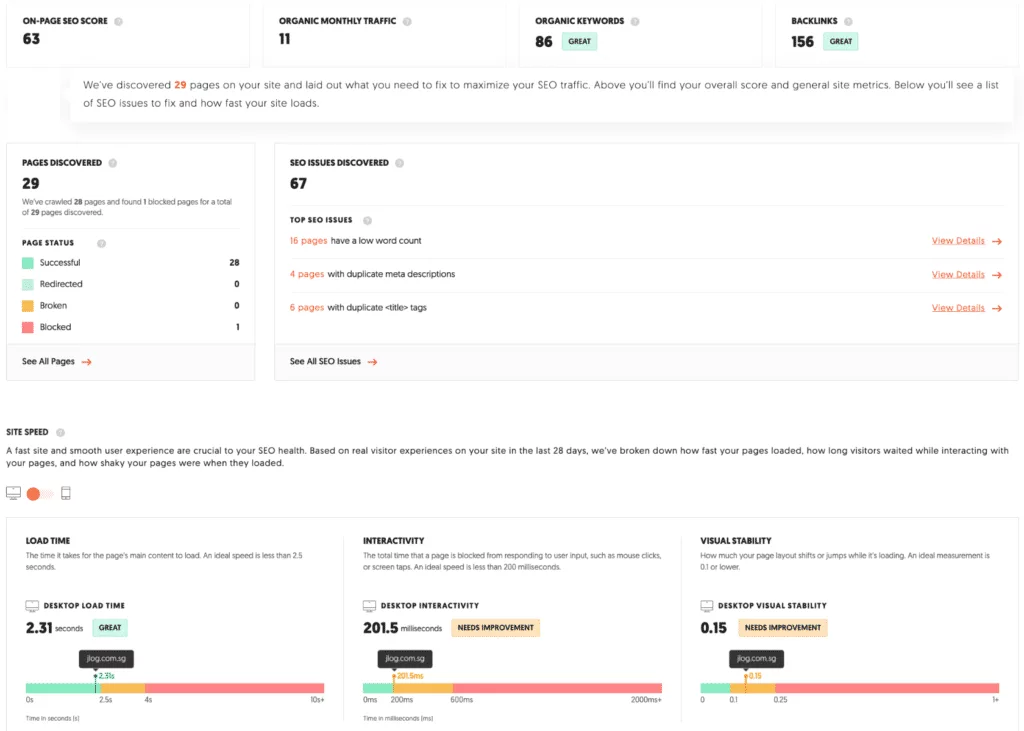
Publishing Poor Content
Publishing poor content is one of the biggest SEO no-nos. Low quality content can not only damage your reputation, but it can also lead to higher bounce rates and reduced engagement. If you want to rank higher in search engine results pages, you need to create content that is both high quality and informative. Not only should your content be well-written, but it should also be relevant to your target audience and contain useful information. Additionally, avoid content spinning, which is an SEO technique that involves creating multiple low quality versions of the same content and publishing them on multiple sites.
Focusing Only on Domain Authority
Focusing only on domain authority when optimizing your website can lead to a lack of focus on other important elements. It is important to also consider the quality of content, the relevance of keywords, and the effectiveness of link building strategies. Doing so will help ensure your website is optimized for both search engines and users. Additionally, it is important to note that domain authority is not the only ranking factor used by search engines. Other factors, such as relevance, freshness, and user experience should also be taken into account when devising your SEO strategy.
Link Manipulation and Buying Links
Link manipulation and buying links are black hat SEO techniques that you should avoid when optimizing your website for organic search. Link manipulation involves artificially increasing the number of inbound links to your website, while buying links is an unethical practice that involves purchasing links from external websites.
Both of these techniques can have a negative effect on your search engine rankings and should be avoided. To ensure you don’t get hit with a penalty, make sure to check the content you submit for any link spam, as well as avoiding ‘nofollow’ links. Additionally, be sure to stay away from other shady practices such as article spinning, link farms, link wheels or link networks, rich snippet markup spam, and automated queries to Google.
Over-optimizing anchor text
When it comes to optimizing anchor text for SEO, it’s important to avoid over-optimizing. This includes using too many keywords in your anchor text and writing for search engines, rather than people.
Using descriptive keywords that accurately represent the page or idea you’re linking to is a great way to ensure that your anchor text is optimized without being over-optimized.
However, be mindful of how you use anchor text, as Google filters can detect when you’re trying to manipulate your rankings and penalize you for it.
Ultimately, if you want to ensure that your anchor texts are optimized without the risk of being penalized by Google, focus on being descriptive and accurate with your keywords.
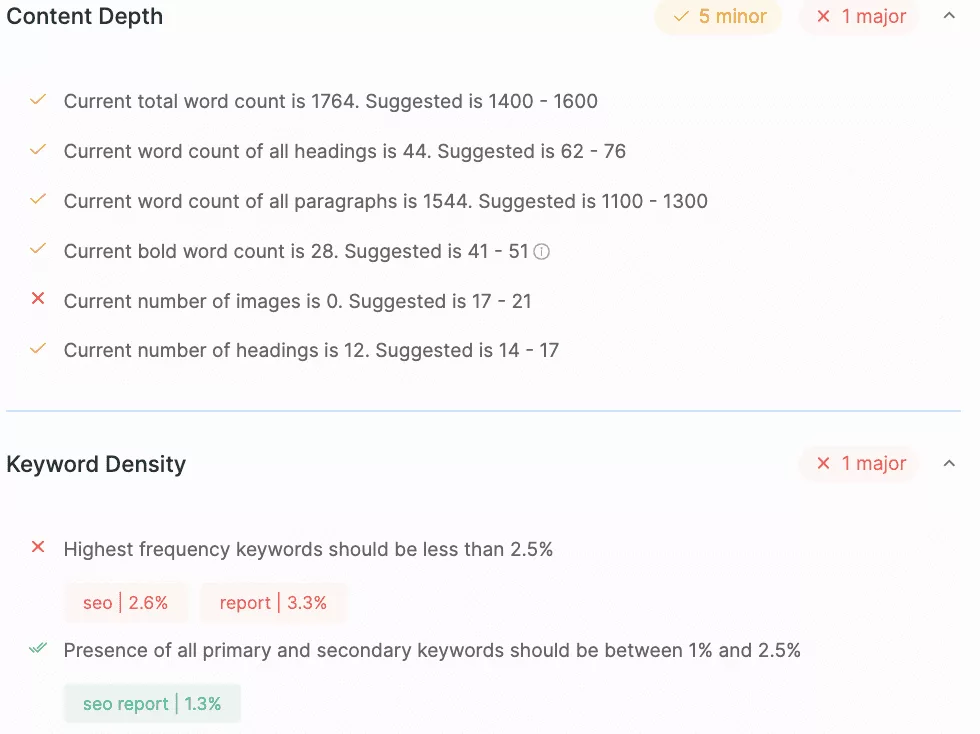
Writing for Search Engines, Not People
Writing for search engines, not people, is a major SEO no-no. As search engines have repeatedly warned, it’s important to remember that you’re writing for humans and not for search engines. Tactics such as keyword stuffing and using all caps in titles are not only outdated but can adversely affect your website’s ranking, as they will come across as spam.
Google also has strict rules against copied or duplicated content, so make sure to stay away from that and instead focus on writing original and interesting content. Additionally, use keywords in a way that makes sense and flows naturally with the rest of your content. Following these guidelines will help ensure your website’s success in the eyes of search engine algorithms.
Using All Caps in Titles
When it comes to optimizing your website for search engines, it’s important to avoid using all caps in titles. All caps can be difficult for search visitors to read, and it can severely limit the number of characters Google can display. Additionally, it may give off the impression that you are SCREAMING AT THEM, which is not a great way to capture their attention.
Acronyms are the only text that should be written in capital case in the title tag. For normal text, it is best practice to use title case or proper case as these are easier to read and look more professional. Ultimately, if you want to optimize your site for SEO success, avoid using all caps in titles.
Duplicate Content
Duplicate content is a common issue that can have a negative impact on your website’s SEO. It can be caused by technical mishaps or manual mistakes, so it’s important to check your website’s indexed pages regularly.
To avoid duplicate content penalties, use 301 redirects and suppress one of the versions, or use the meta robots noindex attribute for landing pages. Keep in mind that even if Google doesn’t penalize duplicate content, you may still experience ranking and traffic losses due to it.
Utilizing 301 redirects correctly is a part of healthy SEO, so make sure that you are using them correctly to avoid any potential issues.
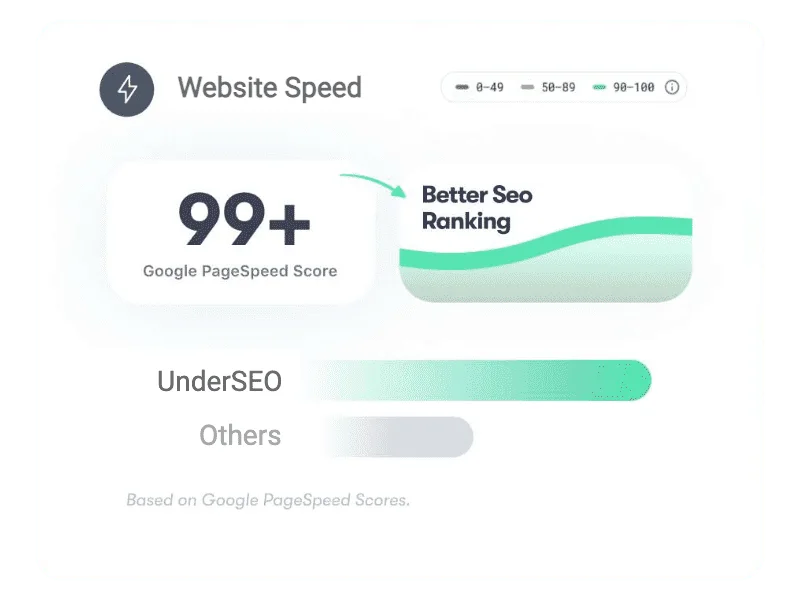
Need Some Help?
Which SEO techniques should I avoid?
Conclusion
You’ve probably heard that SEO is constantly changing. That’s true: Google and other search engines are constantly making changes to their search algorithms because they want to provide their users with the best possible search results.
But that doesn’t mean that SEO is a random process—there are certain SEO techniques that Google frowns upon. These SEO techniques you should avoid because they might be black-hat SEO, which run the risk of getting your site penalized.



